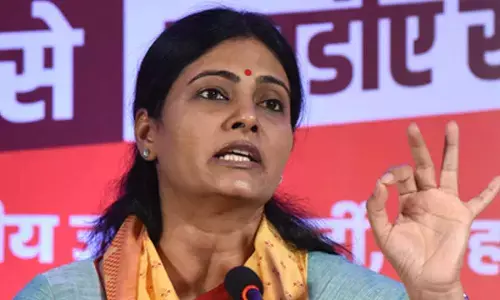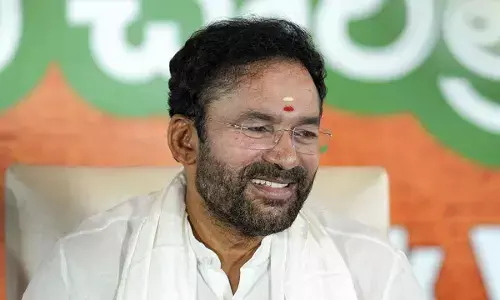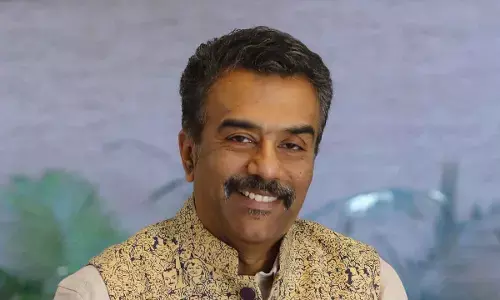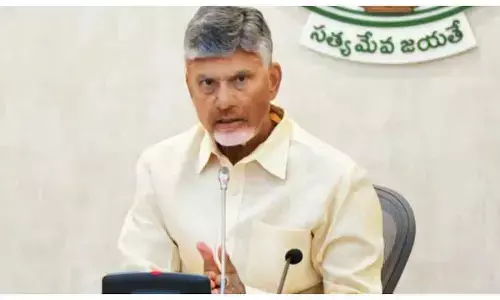Security Council heads to 2 African hotspots for extremists
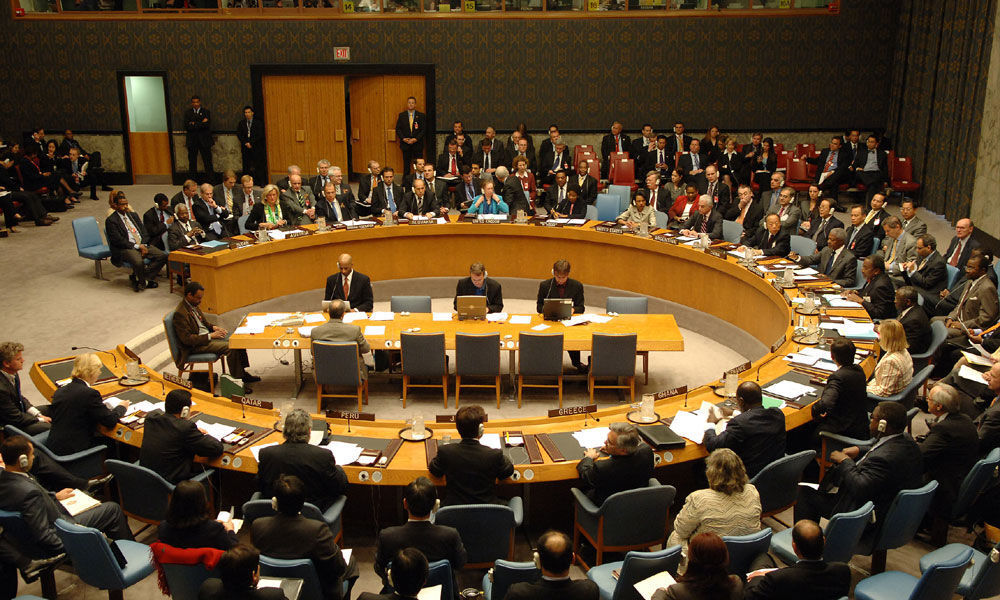
The Security Council is heading to Mali and Burkina Faso for a first-hand look at the challenges their governments are facing in the hotspots for extremist attacks in Africa's volatile Sahel region.
United Nations: The Security Council is heading to Mali and Burkina Faso for a first-hand look at the challenges their governments are facing in the hotspots for extremist attacks in Africa's volatile Sahel region.
The 15-member council was scheduled to leave New York late Thursday and arrive in Mali's capital, Bamako, on Friday for a two-day visit before traveling to Burkina Faso's capital Ouagadougou on Sunday. The U.N. has a peacekeeping force in Mali, but the United States has objected to U.N. funding for the five-nation G5 Sahel Joint Force comprising military from Burkina Faso, Chad, Mali, Mauritania and Niger which was established in 2017 to help the region better combat security threats.
"The Security Council visit has three key goals — to accelerate the implementation of the peace plan in Mali, to increase the efficiency of our support to the G5 Sahel force and to express the Council's full solidarity with Burkina Faso," said France's U.N. Ambassador Francois Delattre, a co-leader of the trip. South Africa's U.N. Ambassador Jerry Matjila said the African Union backs U.N. assessed contributions for the G5 force, stressing that better funded and resourced troops are needed to deal with the extremists and underlying issues which are compounded by climate change, drought and famine.
Mali has been in turmoil since a 2012 uprising by Tuaregs prompted mutinous soldiers to overthrow the president of a decade. The power vacuum that was created ultimately led to an Islamic insurgency and a French-led war that ousted the jihadists from power in 2013. But extremists linked to both al-Qaida and the Islamic State group remain active and have been staging more brazen attacks that have spread from the north into central Mali. And armed groups have delayed implementation of a 2015 peace agreement.
Burkina Faso has seen a major increase in Islamic extremist attacks in the past few years. The threat, which initially came from the northern Sahel region, has shifted into the forested east near the border with Niger. Matjila said council members want "to give impetus to the ongoing discussions among all parties in Mali to encourage them to implement the (peace) agreement" and to assess the government's ability to respond to the extremist attacks.
He said the council will ask Mali's government and agencies to make sure that the Mali issue doesn't negatively impact on "the fragility of Burkina Faso." Matjila said the United States' primary goal is to combat the terrorist threats, "but there are a lot of underlying causes to this issue" and "these are really fragile societies." While terrorism is "very important, it's too narrow for us," he said.









